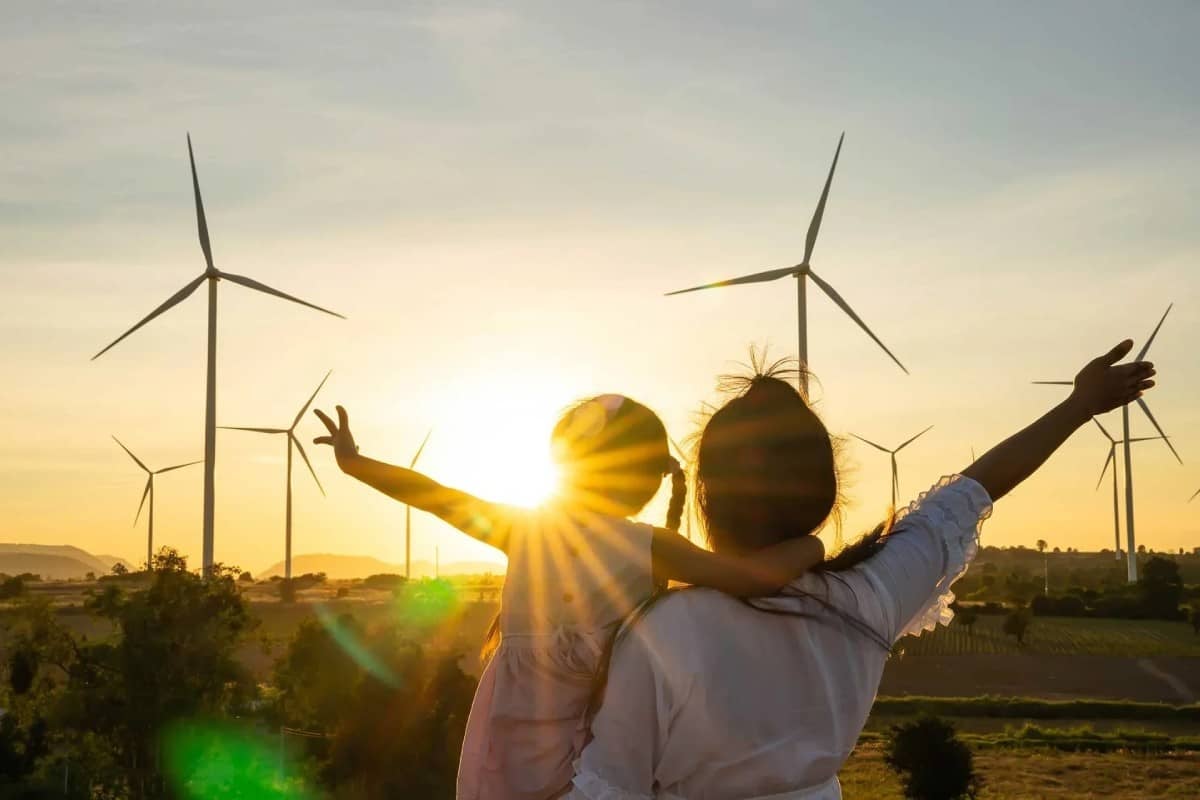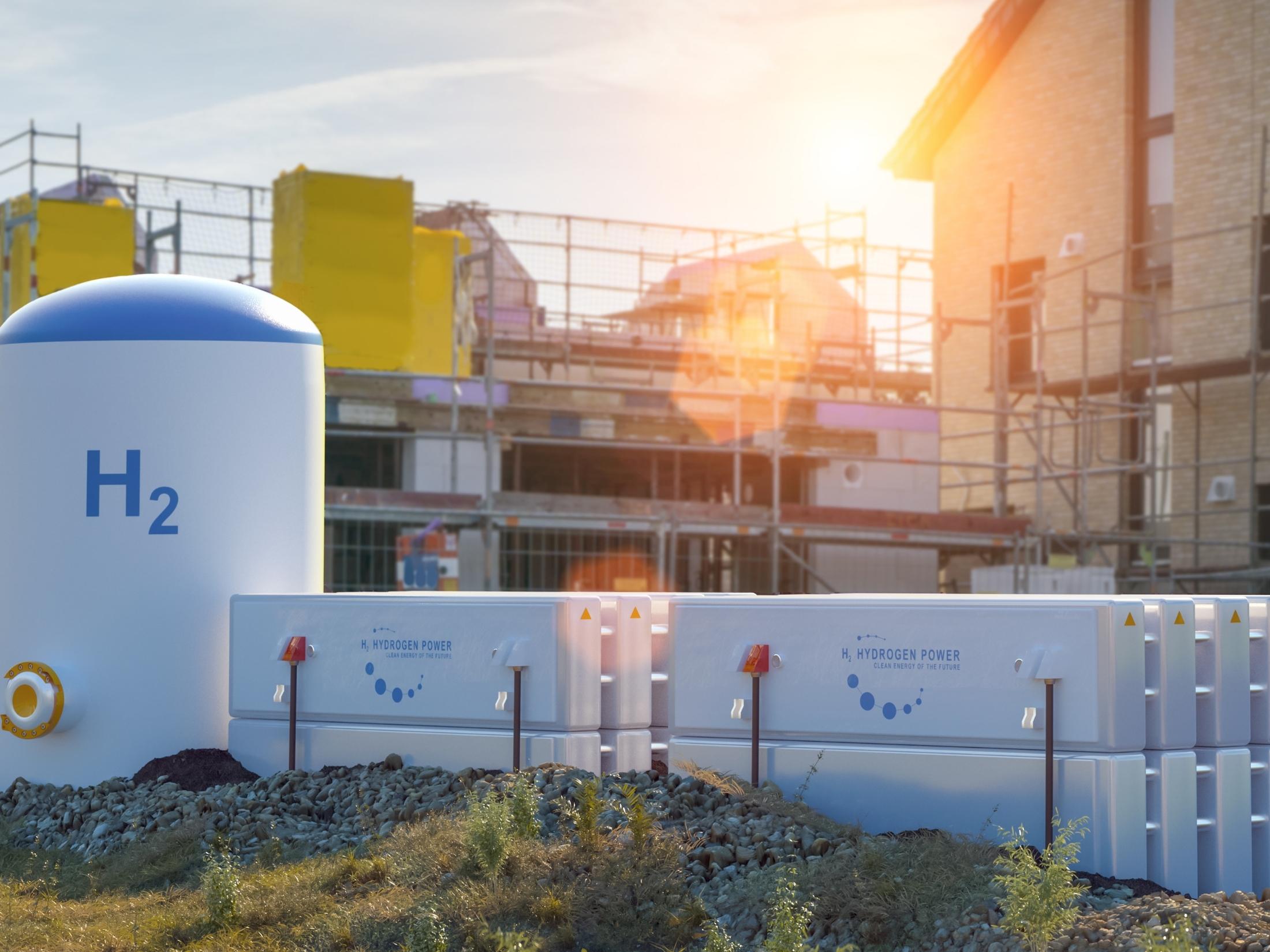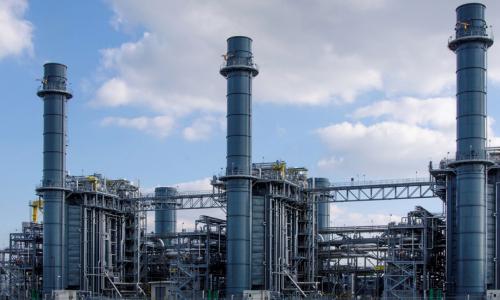 (This post originally appeared on EDF’s Energy Exchange)
(This post originally appeared on EDF’s Energy Exchange)
Our new website, Community Voices in Energy — a collaboration with Chicago-based Blacks in Green — equips frontline communities to participate as experts in climate and energy proceedings and influence energy investments. By ensuring that community members are able to share their direct experience on the record in public utility commission hearings, the site helps utility regulators to make rulings that lead to a more equitable, healthy and affordable energy future.
Health and economy at stake
Communities located near polluting power plants experience more health problems, including high rates of asthma and lung disease. They also have less wealth, in part because of lower property values and unaffordable energy rates. Yet frontline, BIPOC and low-income communities have historically been excluded from energy regulatory and legal decision-making spaces that directly impact their quality of life.
Energy is among the largest sources of man-made climate pollution in the world, and energy solutions that benefit communities will also be healthier for the climate. A just transition requires equitable distribution of the benefits of clean energy to communities that have been left behind in the past.
A solution emerges in Illinois
In Illinois, regulators this year alone are considering $1.8 billion in rate hike requests from utilities, much of which will repair and extend systems that would lock in fossil-powered energy for generations to come. But cleaner, more affordable, solutions are available.
Environmental Defense Fund, Blacks in Green, and Citizens Utility Board pioneered the idea of bringing community experts into energy proceedings to provide testimony that could be entered into the legal record on which all commission decisions must be based. In a 2022 decision, the Illinois Commerce Commission explicitly acknowledged that EDF and partners raised its awareness that environmental justice communities experienced longer and more frequent power outages than wealthier Chicago communities, while also having fewer resources to recover from disruptions. As a result, the Commission required the utility to address system disparities, rather than only measuring their system as a whole.

Community Voices in Energy website drives energy justice
Our Illinois win encouraged us to expand our work and develop the Community Voices in Energy website, so that our community-centered approach can be replicated and spread around the country. Community expert contributors helped to shape the trainings offered on the website to enable meaningful participation in cases, and we developed the Energy Justice Intervenor certification program to support them.
With tools to frame what a just energy system is and how to get involved, the Community Voices in Energy website equips community members to advocate for a more just and equitable system. Including lived experiences at the forefront of big energy decisions will speed the transition to an equitable, affordable, clean, and healthy energy future for everyone.
Since our launch, we have already heard from federal energy regulators and from other states where energy proceedings threaten to lock in high rates and fossil energy at a moment where we must urgently transition to a clean energy. The new Community Voices in Energy website, and the movement it supports, give hope for our energy future.





